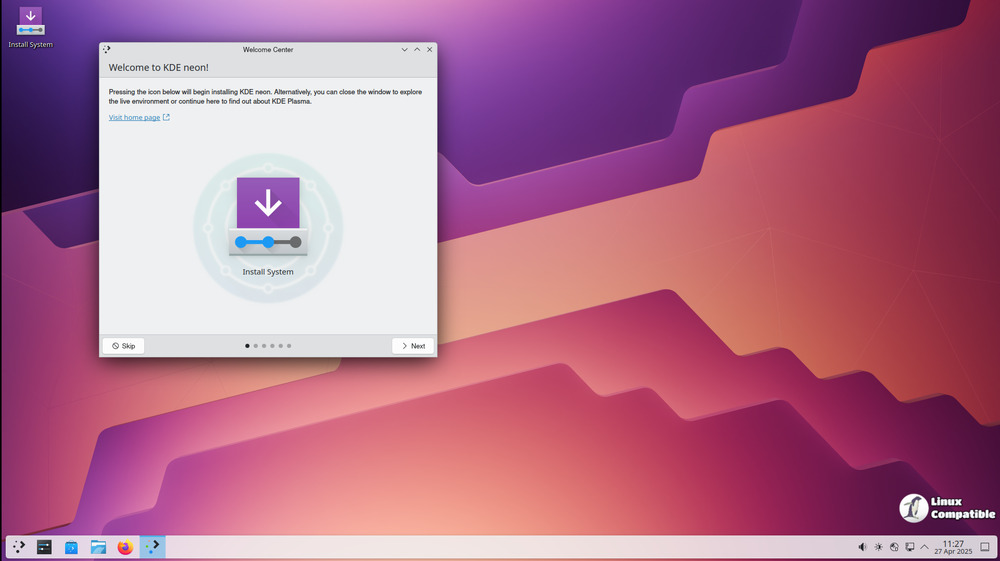KDE neon is distinct in that it delivers KDE software as intended by its developers, without modifications, and utilizes the open-source Nouveau driver for NVIDIA graphics cards, although the proprietary driver is not recommended due to potential compatibility issues. Unlike standard Ubuntu, KDE neon offers newer Qt packages and the latest KDE applications, benefiting from Ubuntu's robust community support.
While KDE neon is user-friendly, basic knowledge of system management may enhance the installation and usage experience. It is important to note that KDE neon cannot be run simultaneously with Kubuntu, as it completely replaces it. Additionally, while KDE neon does offer desktop alternatives to Plasma, this is not a supported feature, as the primary focus remains on the KDE software suite.
KDE neon is exclusively available in 64-bit versions for modern systems, with GPG-signed images available for download via HTTP mirrors. Users can experiment with the operating system using live images, which allow for testing without altering existing setups. The User Edition provides the most stability for everyday tasks, while the Testing and Unstable Editions cater to those interested in pre-release software. The Developer Edition is geared towards developers needing tools and libraries for app creation within the KDE environment.
Overall, KDE neon stands out as an innovative distribution for users eager to engage with the latest in KDE technology while balancing the risks associated with a rolling release model. Users can explore its features through live images, ensuring a safe and accessible introduction to this unique Linux distribution.
Extension:
As KDE neon evolves, users can expect ongoing enhancements and improvements in response to community feedback. The KDE development team is committed to refining the user experience, integrating user suggestions, and quickly addressing any bugs or issues that arise. With each iteration, KDE neon aims to maintain its focus on providing an unaltered KDE experience while ensuring compatibility with the underlying Ubuntu system.
Furthermore, KDE neon encourages a vibrant community of users and developers who contribute to its development through forums and social media. This collaborative environment not only fosters innovation but also provides support for those navigating the intricacies of Linux. As Linux continues to grow in popularity across various sectors, KDE neon is poised to attract not just casual users but also professionals seeking a reliable platform for development and productivity.
In addition to its existing features, future versions of KDE neon may incorporate enhanced security measures, improved hardware compatibility, and more extensive documentation to aid users in troubleshooting and optimizing their experience. As the landscape of technology shifts, KDE neon remains dedicated to adapting and evolving to meet the needs of its user base, ensuring it remains a leading choice for those passionate about KDE software and open-source solutions
KDE neon 20251021 released
KDE neon 20251021 has been released, offering users the latest KDE updates built upon Ubuntu 24.04 LTS. This unique Linux distribution caters primarily to tech-savvy users who want instant access to the latest KDE innovations and serves as a testing ground for adventurous Linux enthusiasts. While KDE neon provides cutting-edge KDE software, it may not be suitable for users with stringent reliability requirements due to its rolling nature and potential system stability issues. Users can choose from various editions, including User Edition, Testing Edition, Unstable Edition, and Developer Edition, each designed to meet different levels of risk tolerance and testing requirements.


